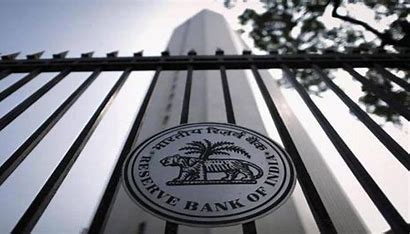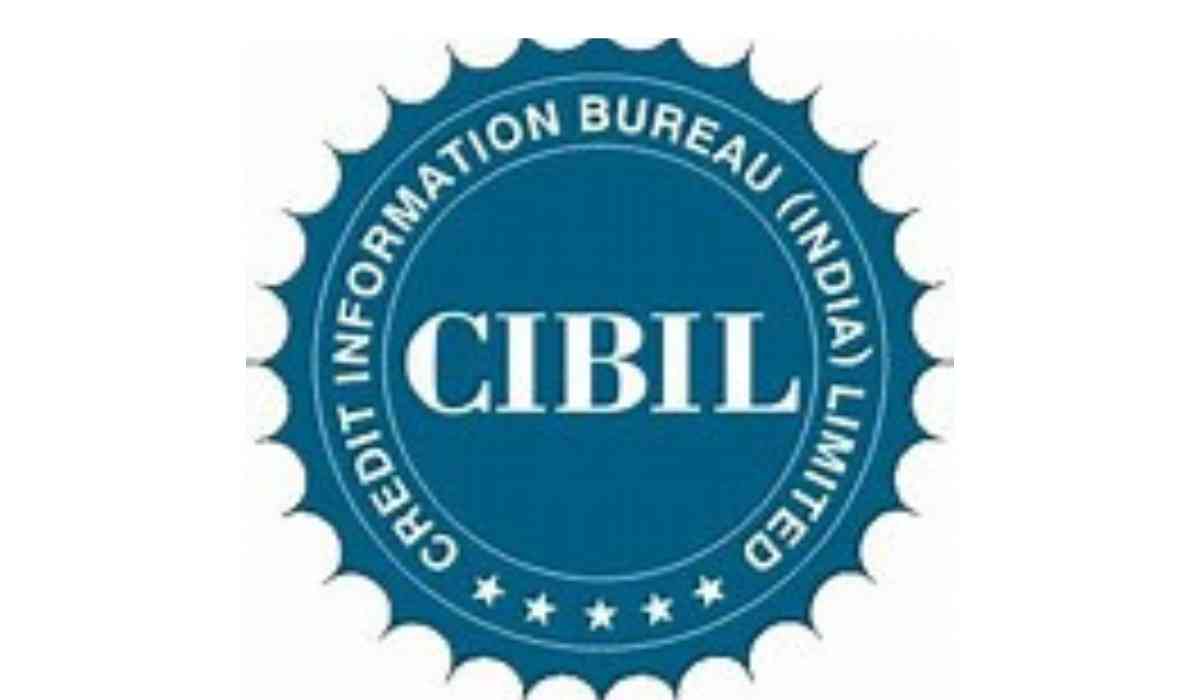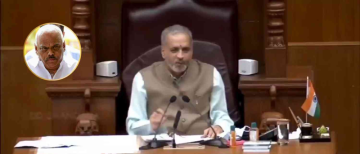For countless Indians, the mention of "CIBIL" evokes a sense of dread. This credit score system, intended to promote responsible lending and borrowing, has transformed into a rigid and unyielding entity that frequently penalizes individuals for factors beyond their control.
A forgotten payment from years past, a lingering dispute with a financial institution, or even a reporting mistake can result in a diminished credit score—effectively barring individuals from accessing financial resources for extended periods. Consequently, everyday citizens, small business owners, and even salaried employees find themselves overwhelmed by a system that appears to prioritize banks over the needs of people. Is CIBIL genuinely fulfilling its intended role? Or has it morphed into a mechanism that serves financial institutions at the expense of borrowers?
The Stark Truth About CIBIL: Beyond Just a Score
CIBIL scores, overseen by TransUnion CIBIL, were established in India to assist lenders in evaluating a borrower's creditworthiness. In theory, this concept seems justifiable—banks require a way to gauge risk before granting loans. However, in reality, the system is fundamentally flawed.
The Unforgiving Grip of a Low CIBIL Score
In many countries, a bad credit score is just a temporary setback—something you can fix in a matter of months with responsible financial habits. But in India, it’s more like a permanent stain. One missed EMI, a late credit card payment, or even an issue that wasn’t your fault can leave you struggling for years. Banks don’t just hold past mistakes against you; they hesitate to offer loans even after you’ve cleared all dues.
-
This rigidity hits hardest where it hurts the most:
-
Young professionals who are just beginning their financial journey but are denied credit before they even get a chance to prove themselves.
-
Small business owners who had a rough patch but can’t get a loan to rebuild, trapping them in financial limbo.
-
Middle-class families dealing with unexpected crises—like medical emergencies—that pushed them into temporary debt.
-
Victims of fraud, who find their creditworthiness devastated because of someone else’s actions.
For these, CIBIL isn’t just a number; it’s a roadblock to a chance.
The Psychological Toll on Borrowers

A low credit score doesn’t just affect finances—it can take a serious emotional toll. Imagine working tirelessly to save for your dream home, only to be denied a loan because of an old debt you didn’t even realize was still on record. Or think about a small business owner with big ambitions, unable to grow their business because no bank is willing to take a chance on them.
For many people, their CIBIL score isn’t just a number—it feels like an invisible wall standing between them and their goals. The constant rejection, frustration, and sense of helplessness can weigh heavily on mental health, making the financial system seem like an unending cycle of punishment.
The Death of Human Judgment in Banking
Banks were once places where your financial story mattered—where loan officers would assess your situation, listen to your history, and make a decision based on more than just a number. Now, that human judgment has been replaced by an algorithm that sees only your CIBIL score.
A person earning well with a stable job might be turned away just because of an old oversight—a forgotten ₹500 credit card payment from years ago. Meanwhile, corporate defaulters, with teams of financial advisors and legal experts, find loopholes to escape consequences. The system punishes the everyday borrower while letting the truly risky ones slip through.
The result? A growing financial divide where the deserving are denied opportunities, and those who can game the system continue to do so.
What Needs to Change? A Case for Reform
The credit system, as it stands, is deeply flawed, but it’s not beyond saving. With the right reforms, it can be made fairer, more transparent, and more supportive of borrowers who are trying to rebuild their financial lives. Here’s what needs to happen:
1. CIBIL Must Be More Transparent
Right now, understanding your credit score feels like solving a mystery. Borrowers should have real-time access to their scores and clear, detailed explanations for why points were deducted. For example:
-
Why did missing one EMI drop your score by 50 points?
-
Why hasn’t your score improved after clearing all dues?
Additionally, the dispute resolution process needs a massive overhaul. Borrowers shouldn’t have to spend months chasing errors that aren’t even their fault. A faster, simpler process would go a long way in restoring trust in the system.
2. Past Mistakes Shouldn’t Haunt You Forever
Everyone makes mistakes, especially when it comes to money. But the current system punishes borrowers for years—even after they’ve cleared their debts. This creates a vicious cycle where people are unable to move forward.
For instance:
•If someone pays off an overdue loan or credit card bill, their credit score should reflect that improvement almost immediately.
•Instead of dragging the impact of past mistakes for years, CIBIL should implement a more dynamic scoring model that rewards positive financial behaviour quickly.
This change would give borrowers hope and motivation to improve their financial habits.
3. Banks Must Look Beyond Just Credit Scores
A three-digit number shouldn’t decide someone’s entire financial future. Banks need to adopt a more holistic approach when assessing borrowers. Factors like: Income stability, Employment history, and Recent financial behavior (e.g., timely payments over the last 6–12 months) should carry just as much weight as a credit score. This would ensure that people who are financially stable but have had some setbacks in the past aren’t unfairly penalized.
4. RBI Needs to Step In and Take Charge
The Reserve Bank of India (RBI) has the power to fix these systemic issues but needs to take stronger action. Here’s what the RBI can do:
•Enforce stricter guidelines on how banks use credit scores in lending decisions.
•Mandate faster resolution of errors in credit reports.
•Ensure that borrowers are treated fairly and given opportunities to prove their creditworthiness beyond just a CIBIL score.
The RBI also needs to regulate how non-banking financial companies (NBFCs) and payday lenders operate, as they often prey on borrowers rejected by traditional banks with exorbitant interest rates and predatory terms.
Why Reform Matters
Fixing the credit system isn’t just about numbers—it’s about giving people second chances and making financial growth accessible to everyone. A fairer system would encourage responsible borrowing, reduce mental stress for millions of individuals, and create a more inclusive financial ecosystem where both banks and borrowers can thrive.
It’s time for change—and it starts with holding institutions accountable and putting borrowers back at the centre of the system.
With inputs from agencies
Image Source: Multiple agencies
© Copyright 2024. All Rights Reserved Powered by Vygr Media.
Author's Profile
Arhan Ali is a sharp observer of economic and political currents, known for blending keen analysis with a dash of wit. Whether dissecting global trade wars or taking a playful jab at social absurdities, his writing strikes the perfect balance between intellect and irreverence.


























